By now you might have seen the posts across several social media platforms: There is a new Zombies Need Brains Kickstarter campaign underway. For eleven years now, ZNB has been publishing quality short fiction from teams of established professionals and new voices found through open calls for stories. We’re doing three anthologies this year, and before I get to the advice part of the post, I wanted to take a bit of time to tell you about them.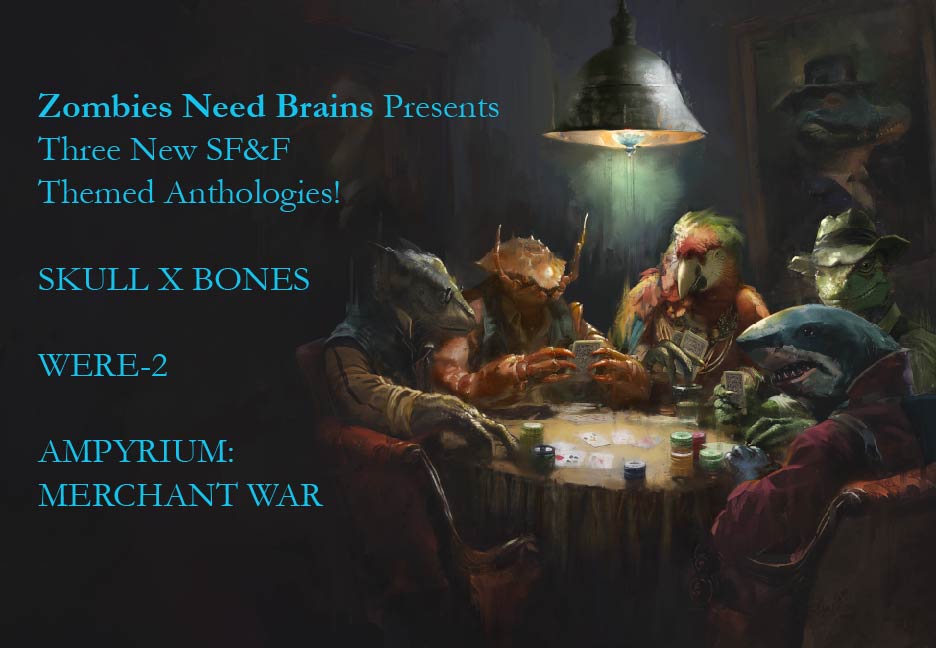
The first anthology is Were- 2, and is edited by Joshua Palmatier and S.C. Butler. The original Were- anthology came out in 2016, and featured stories about were-creatures other than werewolves. This new anthology has a similar theme. I wrote a story for Were-, one I still love, called “A Party For Bailey.” For my were-creatures I chose bears, and that’s all I’ll say. I’m sure you’ll love Were- 2 — its anchor authors include Randee Dawn, Auston Habershaw, Gini Koch, Gail Z. Martin and Larry N. Martin, Harry Turtledove, Tim Waggoner, and Jean Marie Ward.
This year’s second anthology is Skull X Bones. It’s a pirate anthology that I will be co-editing with Joshua. We will be looking for speculative fiction stories of any sort (fantasy, paranormal, science fiction, horror), as long as they focus on pirates. Our anchor author lineup includes Rod Belcher, Alex Bledsoe, Jennifer Brozek, C.C. Finlay, Violette Malan, Misty Massey, and Alan Smale.
Finally, Joshua will be solo editing a follow up to the Ampyrium anthology that was published earlier this summer. Ampyrium is a shared fantasy world that debuted in seven novella-length stories written by Patricia Bray, S.C. Butler, Esther M. Friesner, Juliet E. McKenna, Jason Palmatier, Joshua Palmatier, and me. The new anthology, Ampyrium: Merchant War, will have anchor stories from all seven of us, plus another seven stories (or so) from an open call.
So, as a long-time ZNB editor (Skull X Bones will be my sixth ZNB anthology), and a longer-term ZNB author (in addition to those I have edited, I have written for a half dozen ZNB anthologies), what advice can I offer to writers hoping to sell stories to one collection or another? Each ZNB anthology receives literally hundreds of open call submissions. Usually we take seven or eight stories. So you want your story to stand out in good ways.
1) Pay close attention to the anthology themes. When we ask for stories written, say, about pirates, that doesn’t mean the story should merely mention pirates or have one corsair as a background character. It means pirates, of whatever sort, should be so central to the story that without them, the narrative does not exist. For an anthology like Ampyrium: Merchant War, you should probably plan to read some or all of the first anthology, to familiarize yourself with the setting and the themes of those original tales. Speaking as an editor, I can tell you that I reject more stories for not being on theme than for any other reason.
2) Read the submission guidelines. This is important for ANYTHING you submit to any market. All editors are swamped with stories and short on time. We want to find great stories, obviously, but we also want to get through our slush piles. When I get a story that’s written in a tiny font, or that is single-spaced (which makes a story MUCH harder to read), or has wonky margins, or a weird font color, I tend to start reading it with a negative attitude. The writer in question has already ticked me off by ignoring the guidelines, and now I’m looking for one more reason to reject the story and move on to the next one.
You don’t want that. You want to do everything right in terms of formatting and following directions, so that I read the story with an open mind, so that I accept or reject the story purely based on the quality of the writing and narrative elements. Follow. The. Guidelines.
3) Proof your story. Then proof your story. And then proof your story again. Look, typos happen. All of us who edit for ZNB are also professional writers. We all have typos in our own books and stories, and chances are we could read through them 100 times and still not catch every little error. But that said, again speaking as an editor, finding two or three typos on the very first page is much like receiving a story that didn’t follow the GLs (see above). It makes me wonder if the author of the story cared enough to edit. Taking pride in our work means, in part, making our manuscripts as clean as possible.
4) Think about your narrative — and how it relates to the theme — as broadly as possible. Joshua has said, in offering advice on panels, “Your first idea is not necessarily your best idea.” And he’s right. Sometimes, a great idea comes to us immediately. Those moments are magical, but relatively uncommon. More often, our first idea is the most obvious one, which can mean that it will be similar to the ideas of lots of other writers submitting to the anthology. Let your ideas for your story steep a bit. Give them time to take you in truly innovative directions.
5) Develop your ideas. My second most common reason for rejecting a story is that the idea of the narrative failed to move beyond just that: an idea. A story is more than a cool premise. A story is about characters, be they human or fantastical or alien. A story brings some sort of change or progress to the lives of those characters or to the world around them. If your synopsis of the story you’re submitting doesn’t include something about characters, their lives, and the way things change for them, chances are you need to rethink your story. And I would add this — generally speaking, if the word count of your story is under 2,500, it probably needs more development. We rarely take stories that are shorter than that, not because we want you to pad your word count, but rather because it takes time to develop a plot into something more than an idea.
The open call for stories for this year’s ZNB anthologies will begin soon after the Kickstarter ends. So, first things first: We have to fund the projects. We are already a quarter of the way to our goal, which is great. But we still have a long way to go, and we need your help!!
Thanks, and have a great week!









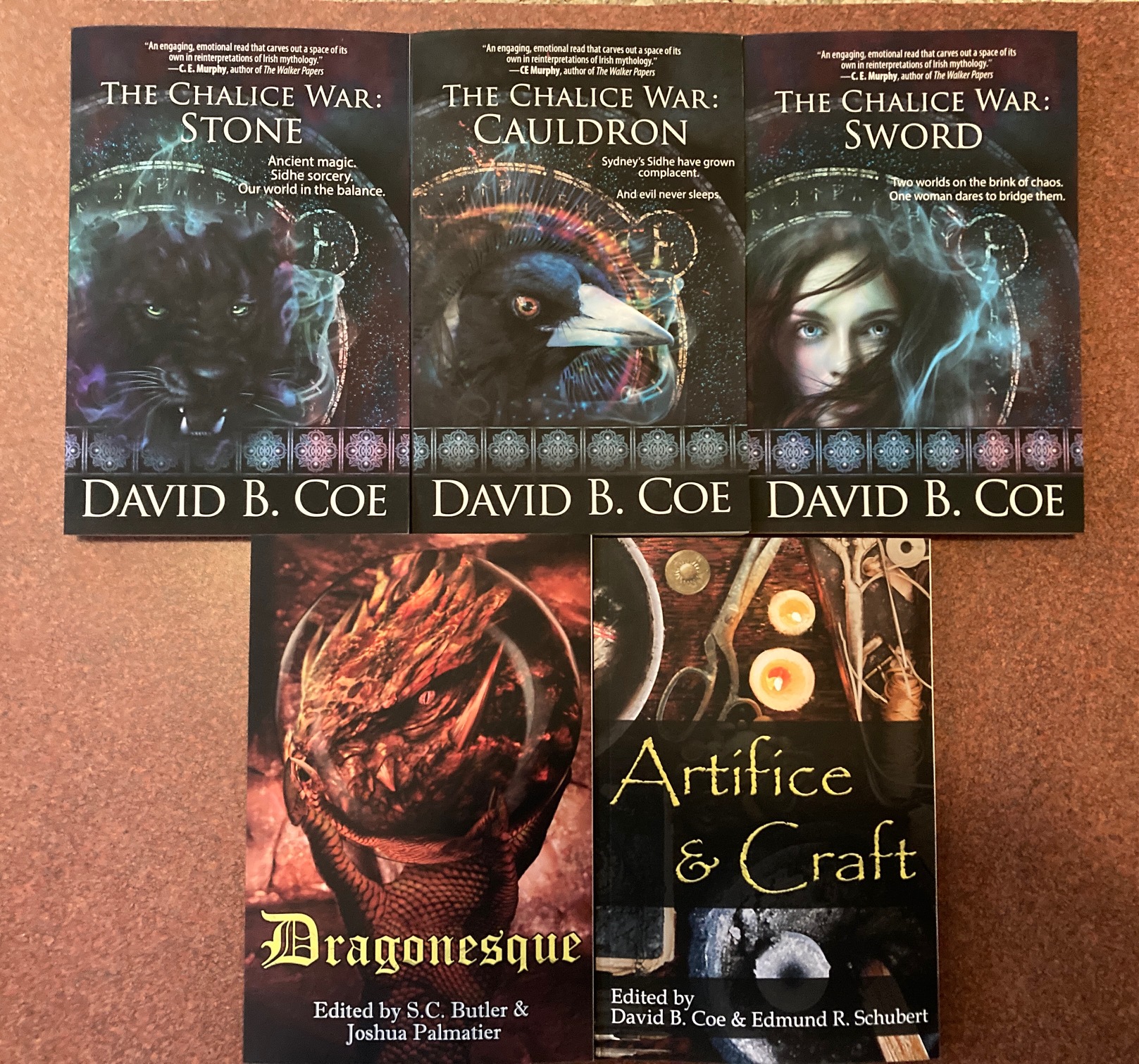
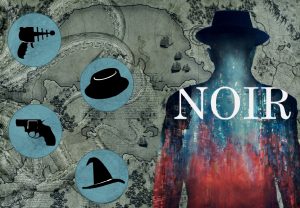 So far, we have received some very good stories. We have also received far, far more that won’t make the first cut. And so I thought I would go over again, briefly, the things that can make or break a story submission, at least for this editor.
So far, we have received some very good stories. We have also received far, far more that won’t make the first cut. And so I thought I would go over again, briefly, the things that can make or break a story submission, at least for this editor.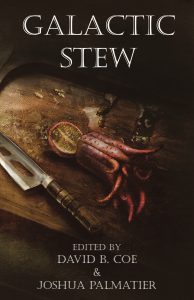 Will I reject a story simply because it is single-spaced instead of double-spaced? No, I’m not quite that mean. But when reading a story, knowing I have literally dozens more waiting in the queue, I will only tolerate so many flaws before I reject it. Remember, I have 500 stories to choose from. I can and will find what I’m looking for. No story is ever perfect, so ask yourself, do you want to expend one of your flaws on formatting? Or do you want to present your story correctly so that I can judge it on its artistic merits? The answer seems self-evident to me.
Will I reject a story simply because it is single-spaced instead of double-spaced? No, I’m not quite that mean. But when reading a story, knowing I have literally dozens more waiting in the queue, I will only tolerate so many flaws before I reject it. Remember, I have 500 stories to choose from. I can and will find what I’m looking for. No story is ever perfect, so ask yourself, do you want to expend one of your flaws on formatting? Or do you want to present your story correctly so that I can judge it on its artistic merits? The answer seems self-evident to me.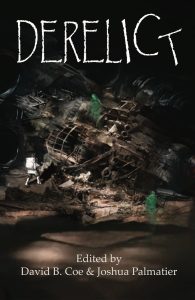 1) I abhor the cliché, but think outside the box. As
1) I abhor the cliché, but think outside the box. As 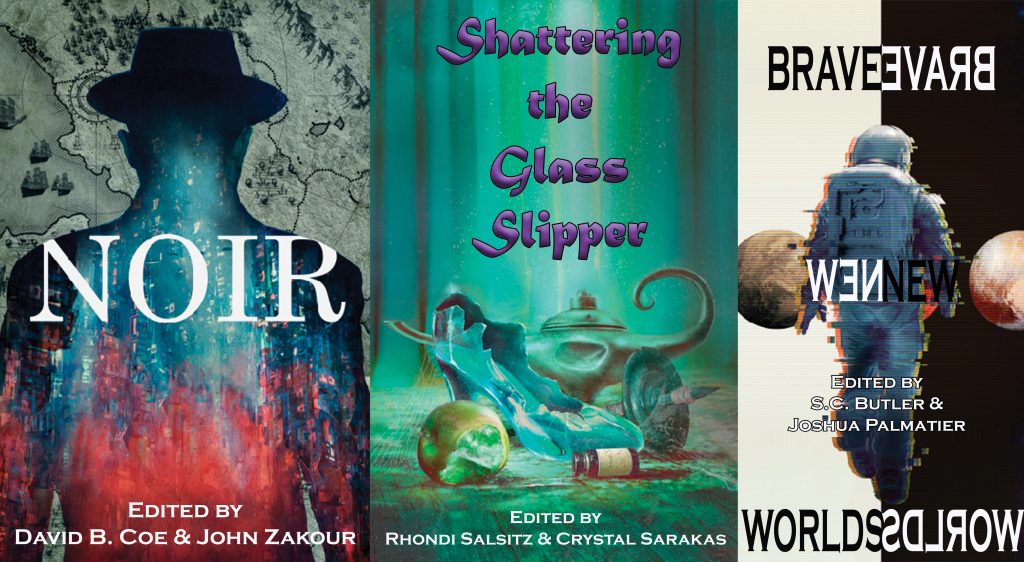 As many of you know, I am once again co-editing an anthology for
As many of you know, I am once again co-editing an anthology for 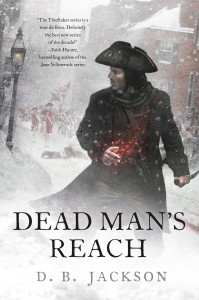 I discussed the Thieftaker books in last week’s post, and I mentioned how my love of U.S. history steered me toward setting the series in pre-Revolutionary Boston. But I failed to mention then that upon deciding to set the books in 1760s Boston, I then had to dive into literally months of research. Sure, I had read colonial era history for my Ph.D. exams, but I had never looked at the period the way I would need to in order to use it as a setting for a novel, much less several novels and more than a dozen pieces of short fiction. Ironically, as a fiction author I needed far more basic factual information about the city, about the time period, about the historical figures who would appear in my narratives, than I ever did as a doctoral candidate.
I discussed the Thieftaker books in last week’s post, and I mentioned how my love of U.S. history steered me toward setting the series in pre-Revolutionary Boston. But I failed to mention then that upon deciding to set the books in 1760s Boston, I then had to dive into literally months of research. Sure, I had read colonial era history for my Ph.D. exams, but I had never looked at the period the way I would need to in order to use it as a setting for a novel, much less several novels and more than a dozen pieces of short fiction. Ironically, as a fiction author I needed far more basic factual information about the city, about the time period, about the historical figures who would appear in my narratives, than I ever did as a doctoral candidate. The same is true of the worlds I build from scratch for my novels. My most recent foray into wholesale world building was the prep work I did for my Islevale Cycle, the time travel/epic fantasy books I wrote a few years ago. As with my Thieftaker research, my world building for the Islevale trilogy consumed months. I began (as I do with my research) with a series of questions about the world, things I knew I had to work out before I could write the books. How did the various magicks work? What were the relationships among the various island nations? Where did my characters fit into these dynamics? Etc.
The same is true of the worlds I build from scratch for my novels. My most recent foray into wholesale world building was the prep work I did for my Islevale Cycle, the time travel/epic fantasy books I wrote a few years ago. As with my Thieftaker research, my world building for the Islevale trilogy consumed months. I began (as I do with my research) with a series of questions about the world, things I knew I had to work out before I could write the books. How did the various magicks work? What were the relationships among the various island nations? Where did my characters fit into these dynamics? Etc.